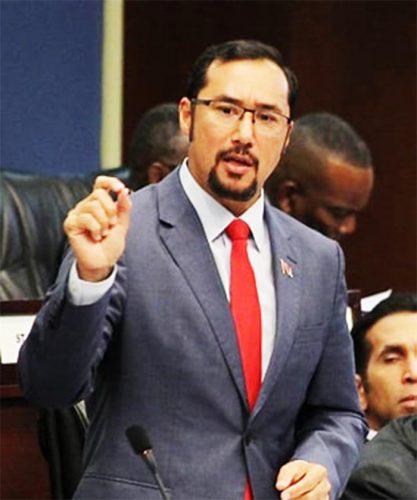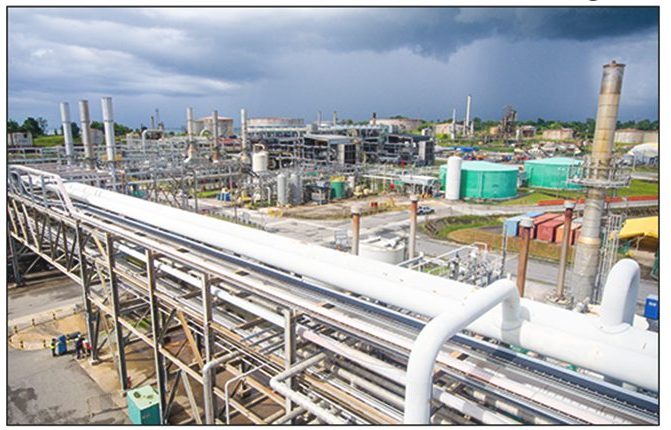Against the backdrop of a challenging year for the global energy sector arising primarily from the fallout from the Russia/Ukraine conflict and the attendant global oil and gas supply bottlenecks, the Trinidad and Tobago oil and gas sector more than held its own in 2022, according to the country’s Energy and Energy Industries Minister Stuart Young.
A report published in the New Year’s Eve edition of the Trinidad Guardian quotes the minister as saying that amidst the wider challenges that had afflicted the global energy landscape in 2022, including the consequential impact on commodity prices, Trinidad and Tobago’s oil and gas companies had ‘delivered’ 57 per cent of the country’s overall revenue in 2022. The Guardian report quotes Young as saying that the country’s energy sector, including its petrochemical facilities, long the backbone of the country’s economy, directly contributed TT$30 billion in revenue, out of the country’s overall revenue earnings of TT$53 billion in the year just ended. During a year in which the war in the Ukraine had brought the global energy industry into sharper focus, the Trinidad and Tobago Energy Minister said that the country’s oil and gas industry had achieved “more global recognition and (had been) at the tables where the global decision-making is taking place with respect to the energy sector.” That apart, Young also pointedly underscored what he said had been the fact that the country’s energy sector had “contributed significantly not only to our economy but also to the welfare of our people in T&T.”

Trinidad and Tobago has historically been the oil and natural gas powerhouse of the Caribbean, the country’s showpiece Atlantic Liquid LNG having secured a reputation as one of the world’s largest producers of Liquid Natural Gas. Over the years the country’s energy industry has shifted from a position of oil dominance to becoming a primarily natural gas-based sector.
Young also lauded the December agreement reached between the government of Trinidad and Tobago and BP and Shell for the restructuring of Atlantic LNG that will see the state-owned company increase its shares in the operations under the new agreement. He also alluded to what he described as “significant negotiations for future gas for T&T, disclosing that the sector has been “working with the downstream petrochemical sector in T&T on the ammonia and the methanol side where prices have been higher than they have been in many, many years.”
Significantly, Young ventured a brief comment on the issue of climate change in the context of the future of the country’s energy sector, referring to the fact that Trinidad and Tobago has signed on to the so-called Global Methane Pledge, first announced in September last year by the United States and the European Union (EU) and which commits signatory countries to reducing global methane emissions by up to 30 per cent from 2020 levels by the year 2030.
With the impact of activities in the energy sector on climate change having grown progressively as a global mainstream issue, Young also said that Trinidad and Tobago was also looking at how it can “clean up and decarbonize” its energy sector and that in that context it was “looking at carbon capture, sequestration and utilization.”
Heritage Petroleum and National Gas Company, two state-run energy companies also came in for positive comments by the T&T Energy Minister.






